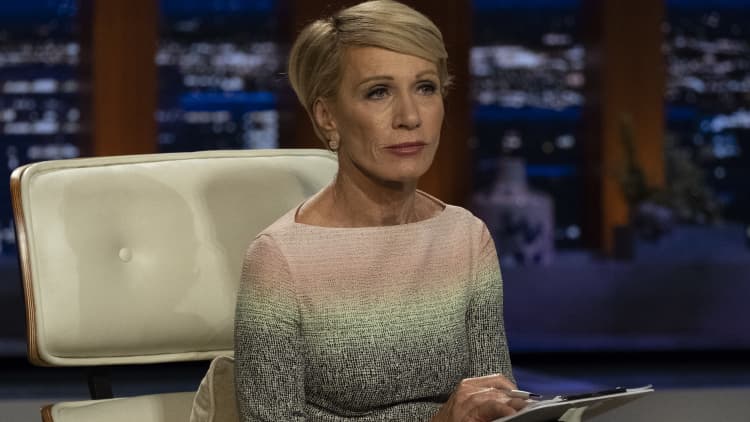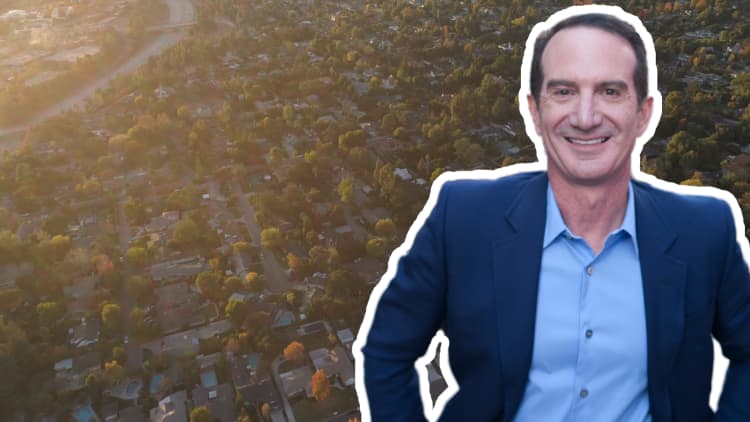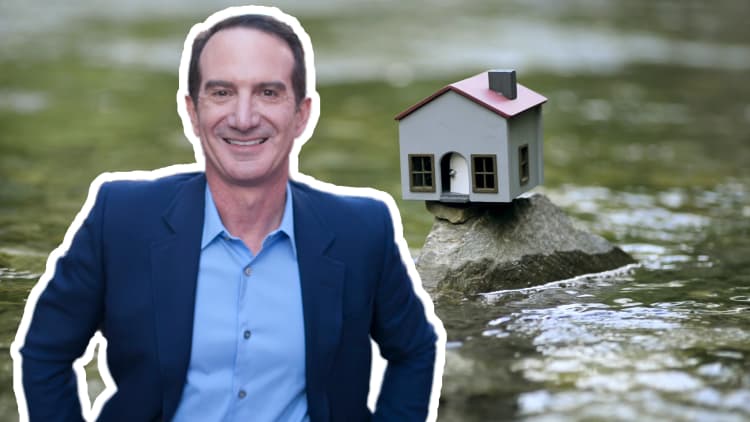When it comes time to buy a home, one of the first steps you'll usually take is getting together a down payment. How much you decide to put down is highly personal. But the smaller the down payment, the larger the mortgage and the more you'll pay in interest.
That's why David Bach, bestselling author and co-founder of AE Wealth Management, wants you to put down 25 percent. That's "the ideal down payment today," he tells CNBC Make It.
A 20 percent down payment — which is what most experts, including Barbara Corcoran, recommend — is OK, too, he says, but "I don't want to see you putting down less than 20 percent."

Anything lower and you may have to pay for private mortgage insurance (PMI), which is a safety net for the bank in case you fail to make your payments. PMI, which can cost between 1 percent and 2 percent of your loan amount, could be added to your monthly mortgage if you don't have 20 percent equity in your home.
In the last recession, the people who lost their homes were the people who did no-money-down loans or put down 5 percent.David Bachco-founder of AE Wealth Management
On a practical level, though, the bigger the down payment you can make now, the more of a buffer you'll have in the future. "In the last recession, the people who lost their homes were the people who did no-money-down loans or put down 5 percent," says Bach. "Don't do that."
Instead, he says, "do it the old American way, save a bunch of money," and then, "put a good down payment down there, and be safe."
A down payment of 20 percent or more is a great start. Still, keep in mind that, to truly afford a place of your own, you also need enough to cover closing costs and moving expenses, as well as necessary repairs and maintenance, all while maintaining your emergency fund.
The biggest mistake first-time home-buyers make is not accounting for closing costs, says Corcoran, who admits to making that mistake herself: "When I bought my first home I showed up at the table to close without the closing costs. Thank God I was able to borrow it from the very nice seller or I couldn't have closed on the place."
Now she can pass the lesson onto you: "Don't forget the closing costs."
Don't miss: 85 percent of millennials expect to own a home—here's how to buy one, in 8 steps
Like this story? Subscribe to CNBC Make It on YouTube!




